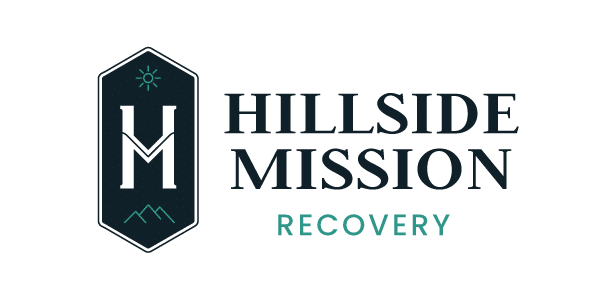If you’ve never dealt with addiction yourself, you might not realize what a life-altering experience it can be. While treatment is the all-important first step, it is not all there is to living a life of sobriety. It takes a combination of treatment and support to win the battle against addiction, and it can sometimes be hard to find the resources you or your loved one needs once they have completed treatment. Recovery from addiction is a lifelong process, so having that extra support can mean the difference between sobriety and relapse.
At Hillside Mission Recovery, we want to provide our clients and their families with all the resources they need for a successful treatment and recovery. In this post, we are going to discuss addiction support groups, how addiction group support benefits the addict, and how to find groups for recovering addicts. No addict should have to go without the resources they need for a successful recovery.
What Are Addiction Support Groups?
Addiction support groups are designed to help recovering addicts deal with the effects of their addiction while they try to return to their everyday life. Most of them are there to offer peer support and additional help to those in treatment and those who have already completed the treatment process. Support groups are often third-party groups made of other recovering addicts that share their experiences as well as resources that are there to help those in recovery.
The amount and type of support offered varies by the support group, but they are an invaluable tool when it comes to the recovery process because they help to bridge the gap between what treatment offers and returning to everyday life. There are often deeper issues than just substance abuse, and support groups are a means to help deal with these issues.
What Are the Benefits of Support Groups?
Besides being places where addicts can meet with their peers, support groups offer many other benefits. In particular, a person can see how others cope with day-to-day life activities when returning to a normal life after drug addiction. This can be useful in helping them deal with their own behaviors and recognize struggles that they may not otherwise see.
Support groups also offer an outside perspective, where a person can see the effect that their addictions had on not only their own lives but the lives of their friends and family. This can make the process of remaining sober much more important and much more worthwhile to the addict and therefore increase their chances of staying sober for the long-term
Another benefit of support groups is that it offers addicts tools and techniques to deal with their struggles and make amends for the issues that their addiction has caused. In some cases, this may be paying restitution for crimes and apologizing for past behavior.
Some support groups offer additional help such as job placement programs, education support, additional therapy and treatment, and help with housing or other needs. These resources can often be a significant benefit to those suffering from addiction, as addiction can cause the loss of employment and other things, and it can be difficult for a person struggling with addiction to regain them on their own.
What are Common Support Groups?
There are a wide array of support groups and types of support groups for a person suffering from addiction to seek. Some of the most common are 12-step programs such as Alcoholics Anonymous and other anonymous groups. These particular groups offer a place where peers can meet and share stories and offer advice to one another and mentorship from fellow recovering addicts.
Another common form of support group is a halfway house or sober living home. These facilities are created so that those in recovery can have a safe place to live amongst their peers while they are rebuilding their lives. This gives the person the stability they need while they’re in recovery, along with the accountability of being held to a higher standard for their actions and made to stay sober. They often offer treatment like peer-to-peer counseling and therapy sessions as well as resources like education and job placement.
Other groups exist as well to support the family and friends of those with an addiction and are there to help them help the addict cope with their problems. These are an additional way to strengthen family bonds and return to a life of normalcy once treatment has ended.
How to Find Groups for Recovering Addicts
There are a number of ways to find support groups for those suffering from addiction. One way to find aftercare locally is by searching for what 12 step support groups are offered in your community. Another option is to check online with local and national resources to see what programs are available near you. Lastly and most importantly, a person should check with their treatment facility to see if they offer aftercare programs which often contain many of the resources and support groups necessary to help a person once treatment has ended.
At Hillside Mission Recovery, we offer aftercare services in Southern California, which include peer counseling support groups and other resources to all of our clients once their treatment program has ended. Because each person’s inpatient treatment program is tailored to their specific needs, we can offer services that are designed to help them with their unique struggles and help them on a better path to recovery and a successful return to normal life.
Contact Hillside Mission today if you or someone you know is struggling with addiction and needs help.






